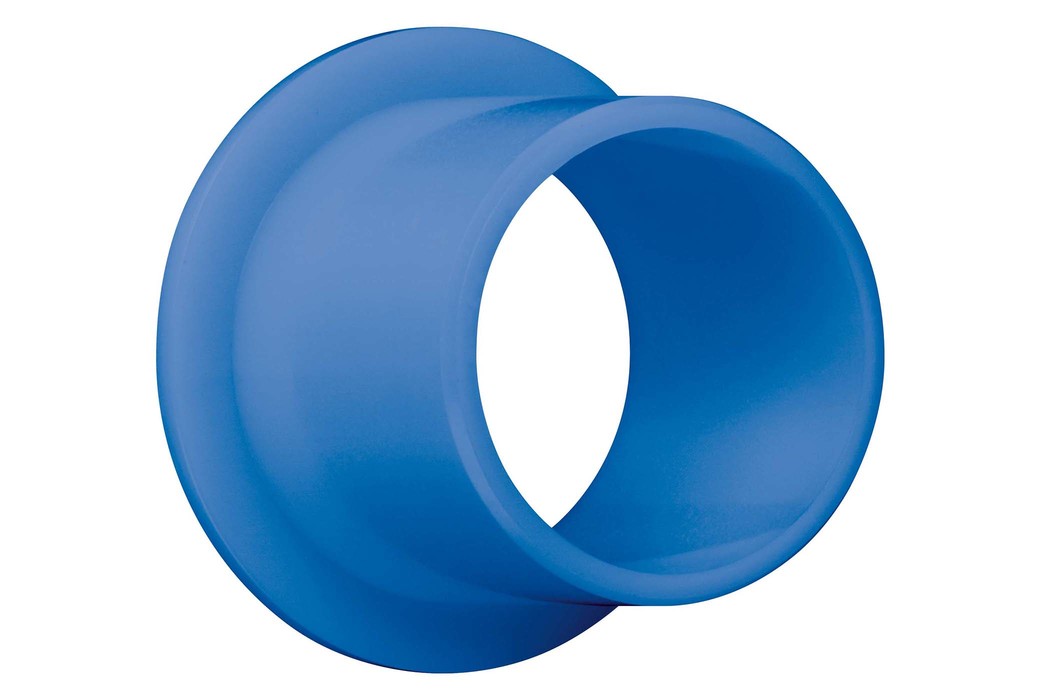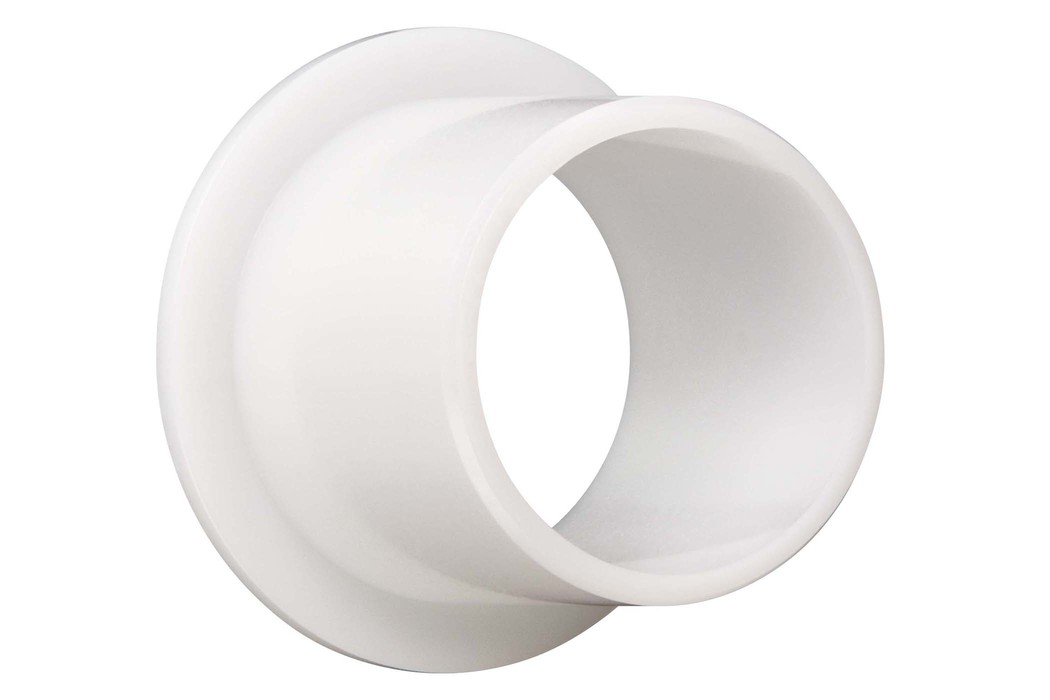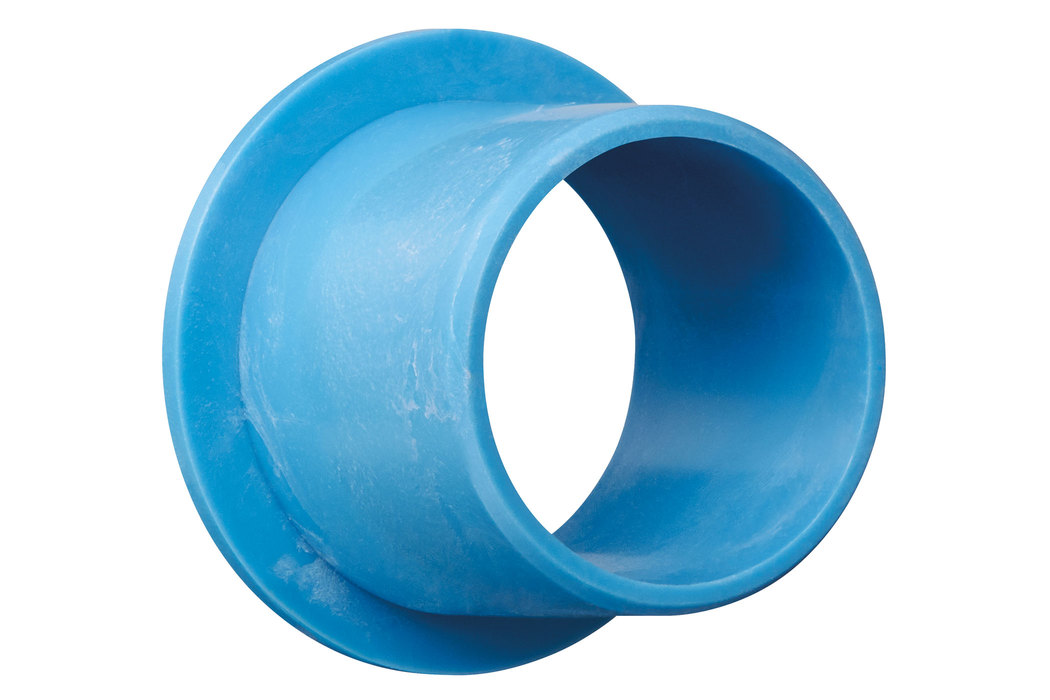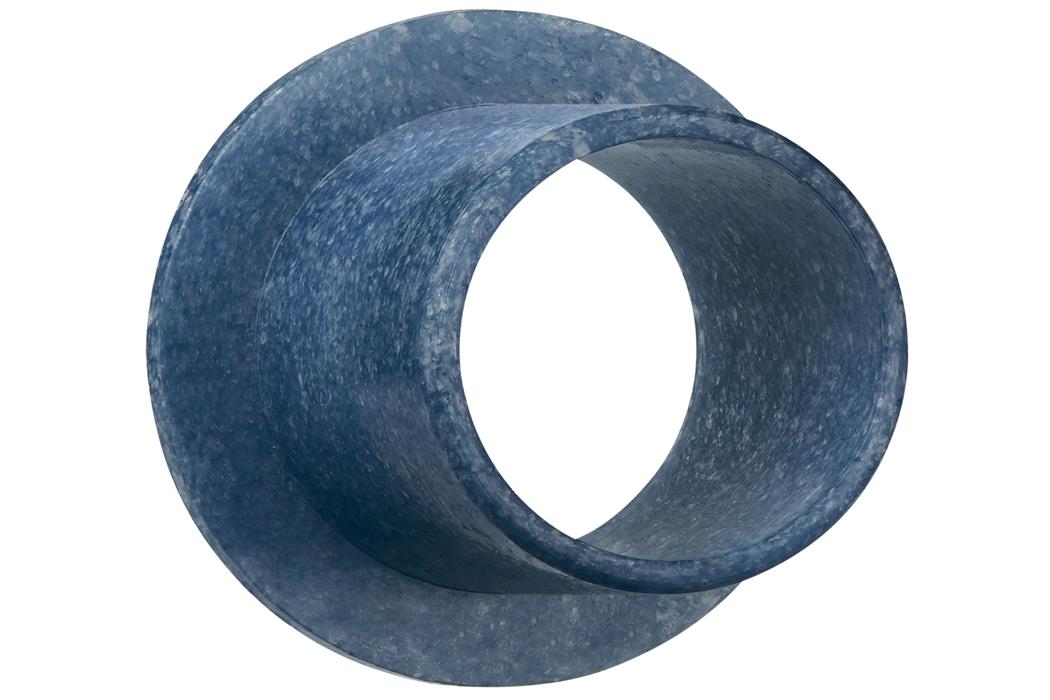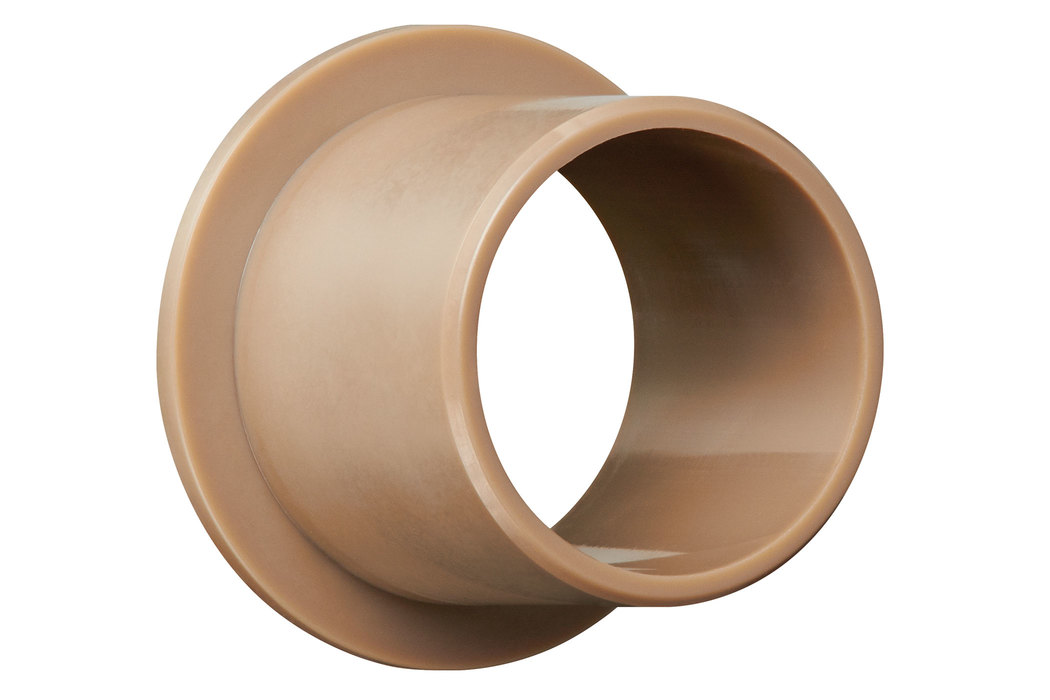Material Hub > Materialien
Materialien
-
Kategorie ThermoplasteEinsatztemperatur -50 – 90 °CDichte 1 g/cm³
-
Kategorie ThermoplasteEinsatztemperatur -50 – 90 °CDichte 1.46 g/cm³
-
Kategorie ThermoplasteEinsatztemperatur -50 – 90 °CDichte 1.38 g/cm³
-
Kategorie ThermoplasteEinsatztemperatur -100 – 180 °CDichte 1.42 g/cm³
-
Kategorie ThermoplasteEinsatztemperatur -100 – 250 °CDichte 1.28 g/cm³
-
Kategorie KunststoffbeschichtungEinsatztemperatur -40 – 250 °CDichte –
-
Kategorie KunststoffbeschichtungEinsatztemperatur -40 – 250 °CDichte –
-
Kategorie KunststoffbeschichtungEinsatztemperatur -40 – 250 °CDichte –
-
Kategorie KunststoffbeschichtungEinsatztemperatur -40 – 200 °CDichte –
-
Kategorie KunststoffbeschichtungEinsatztemperatur -40 – 200 °CDichte –
-
Kategorie ThermoplasteEinsatztemperatur -210 – 260 °CDichte 1.5 g/cm³
-
Kategorie ThermoplasteEinsatztemperatur -210 – 260 °CDichte 2.9 g/cm³
-
Kategorie ThermoplasteEinsatztemperatur -210 – 260 °CDichte 2.1 g/cm³
-
Kategorie ThermoplasteEinsatztemperatur -210 – 260 °CDichte 0.9 g/cm³
-
Kategorie ElastomereEinsatztemperatur -100 – 250 °CDichte 1.35 g/cm³
-
Kategorie ElastomereEinsatztemperatur -100 – 250 °CDichte 1.3 g/cm³
-
Kategorie ElastomereEinsatztemperatur -100 – 250 °CDichte 1.7 g/cm³
-
Kategorie ElastomereEinsatztemperatur -100 – 250 °CDichte 1.8 g/cm³
